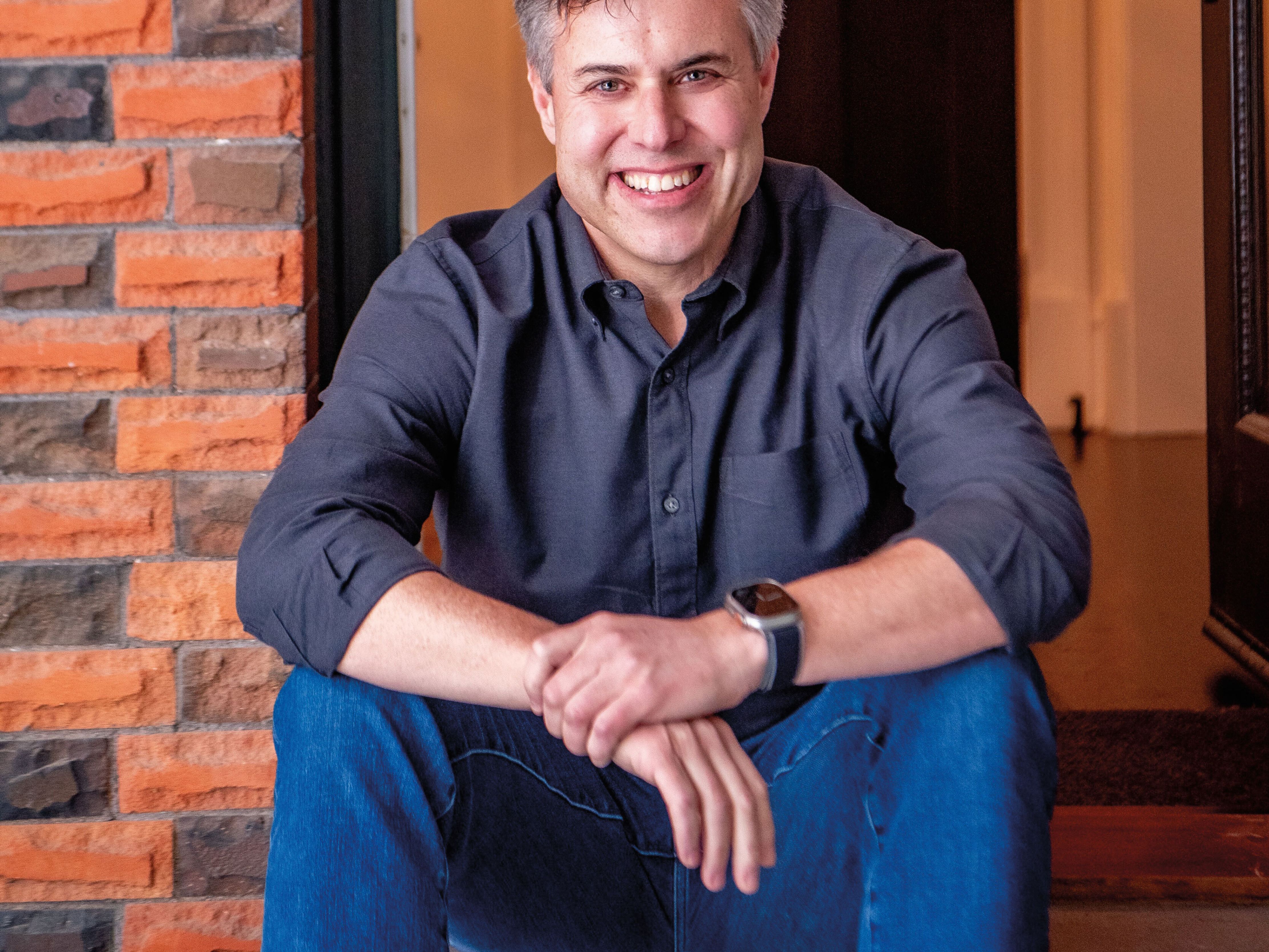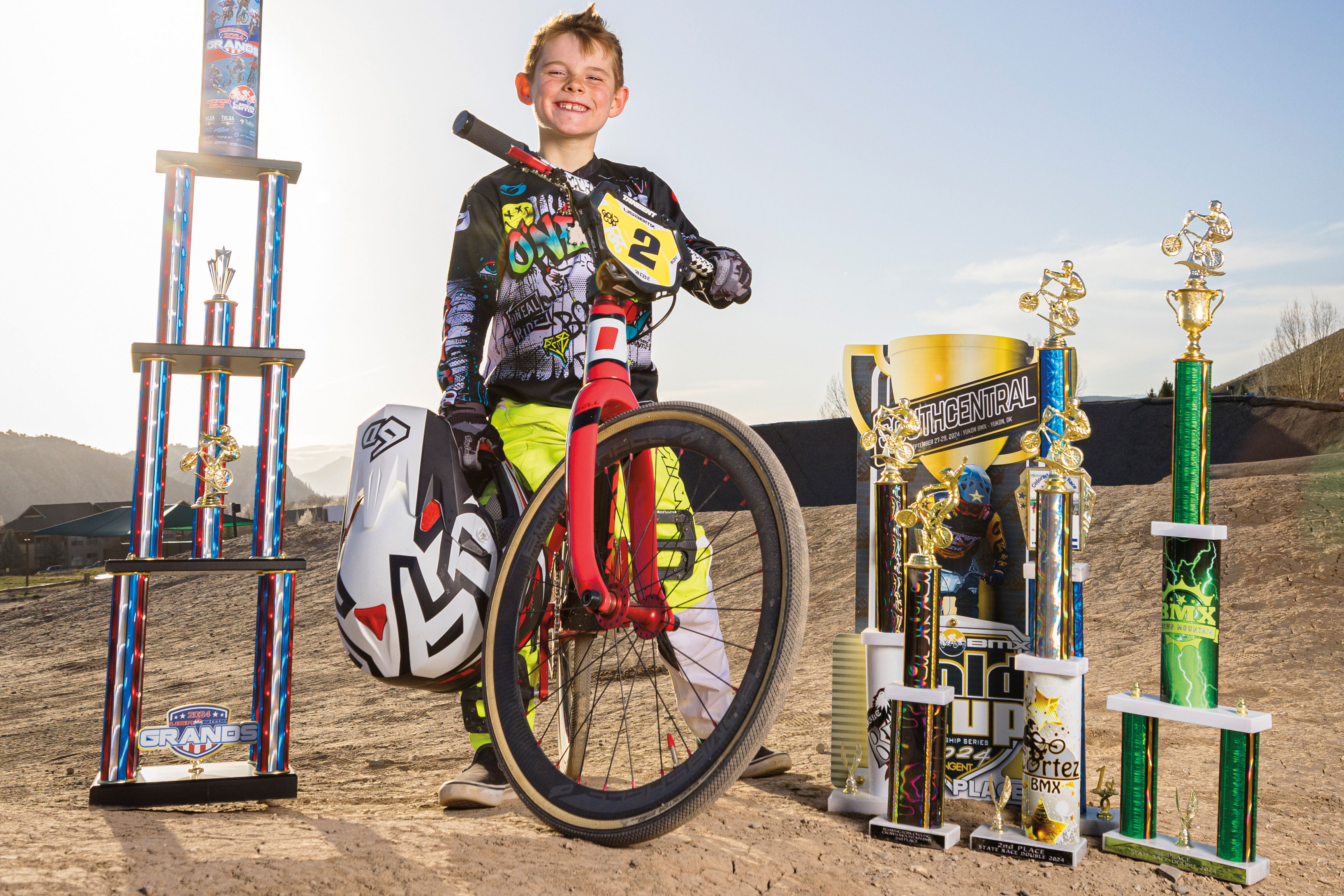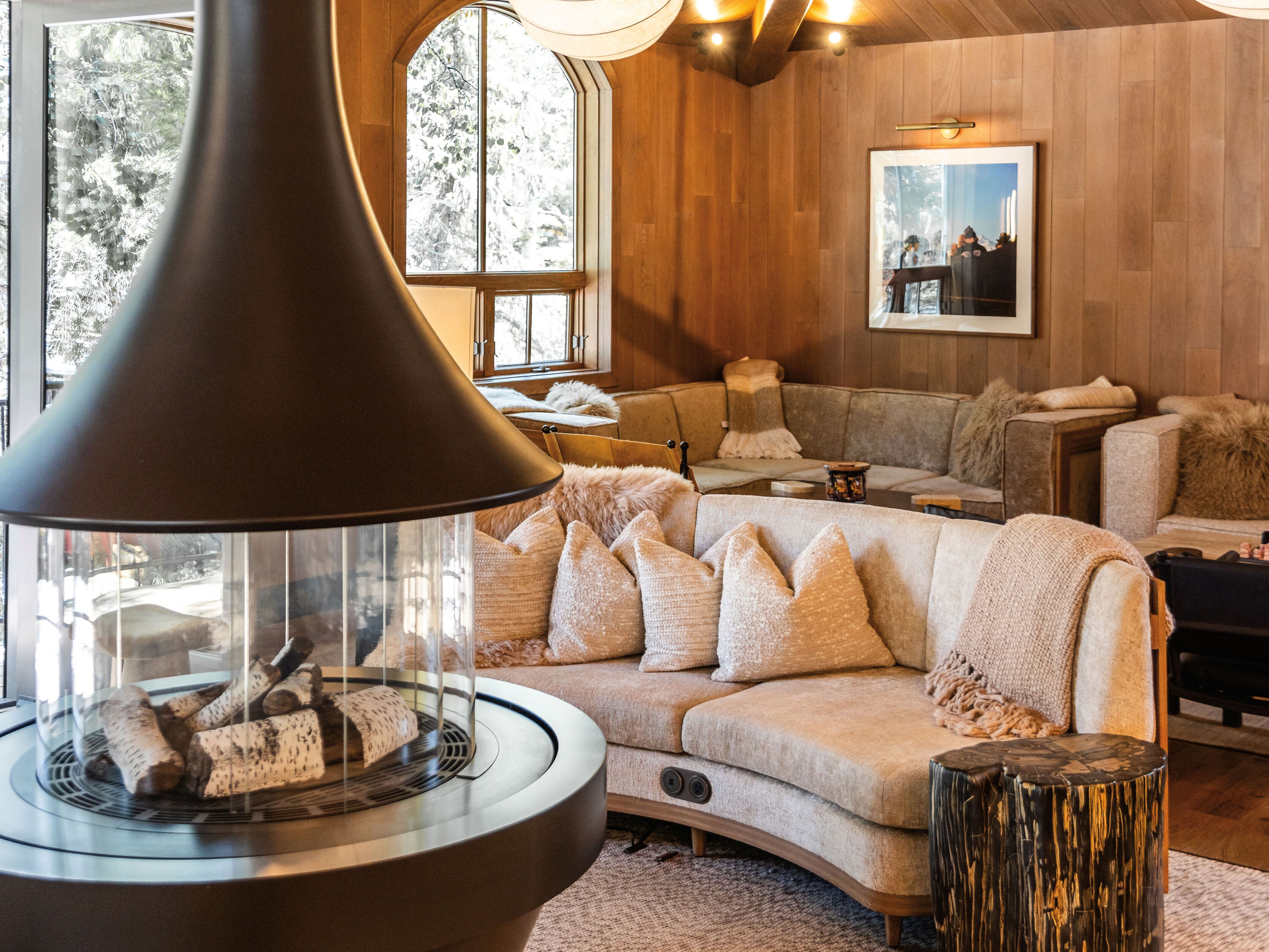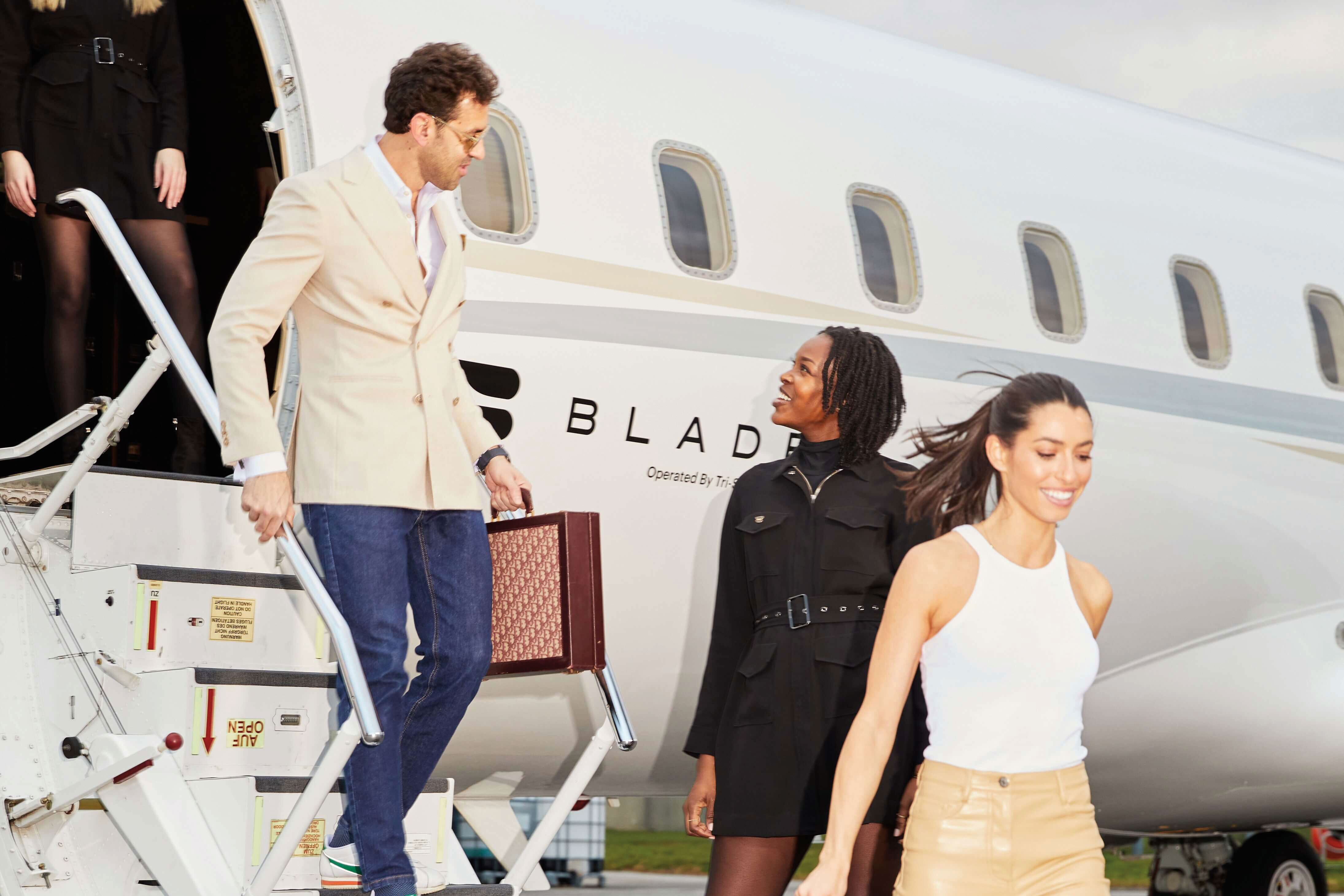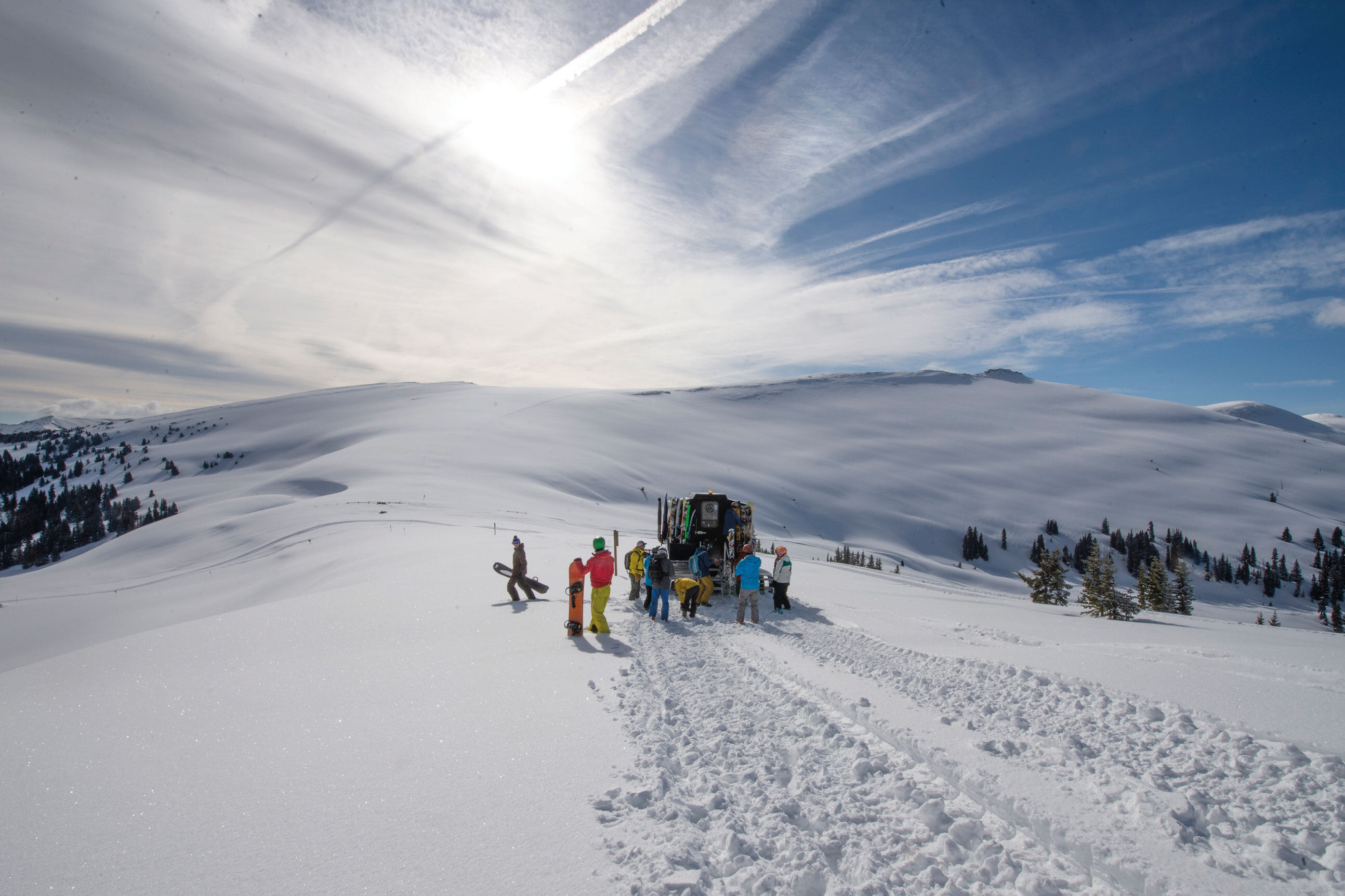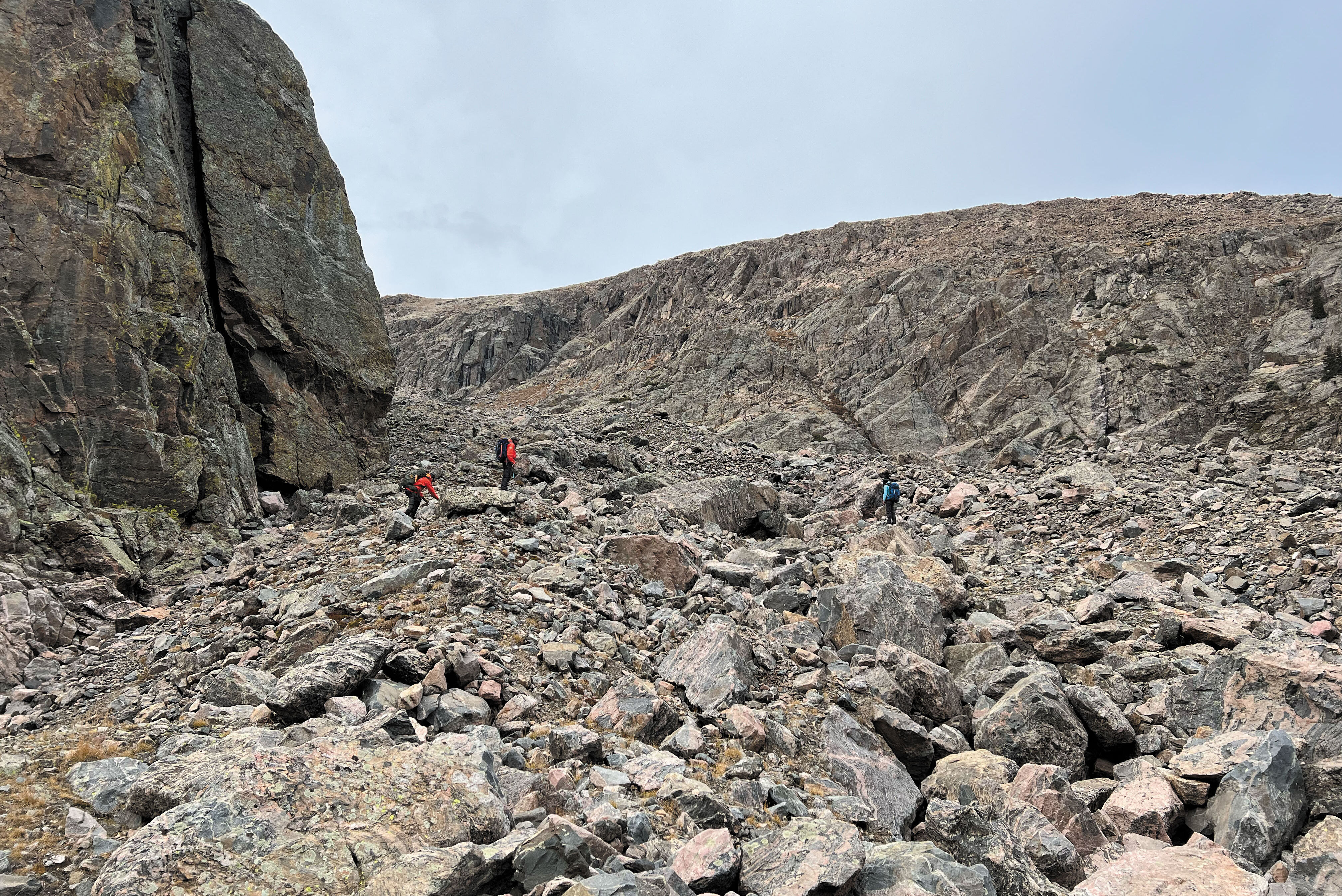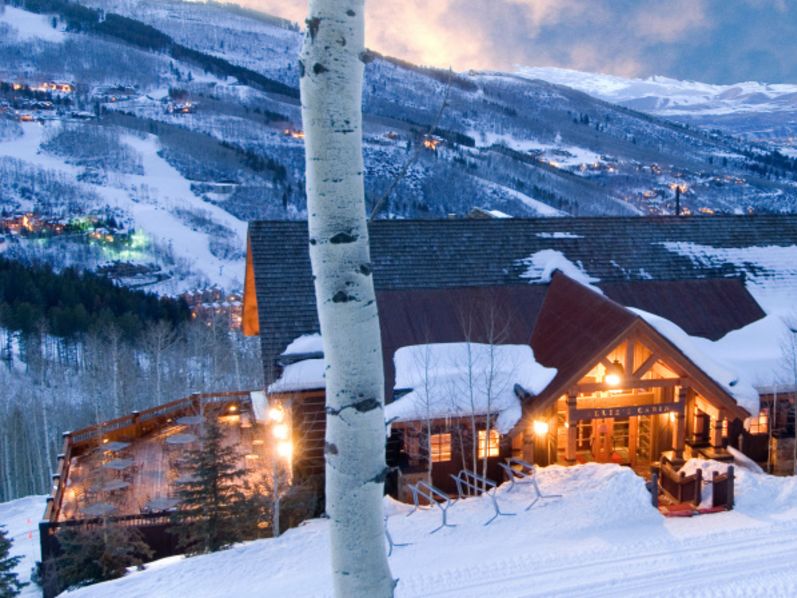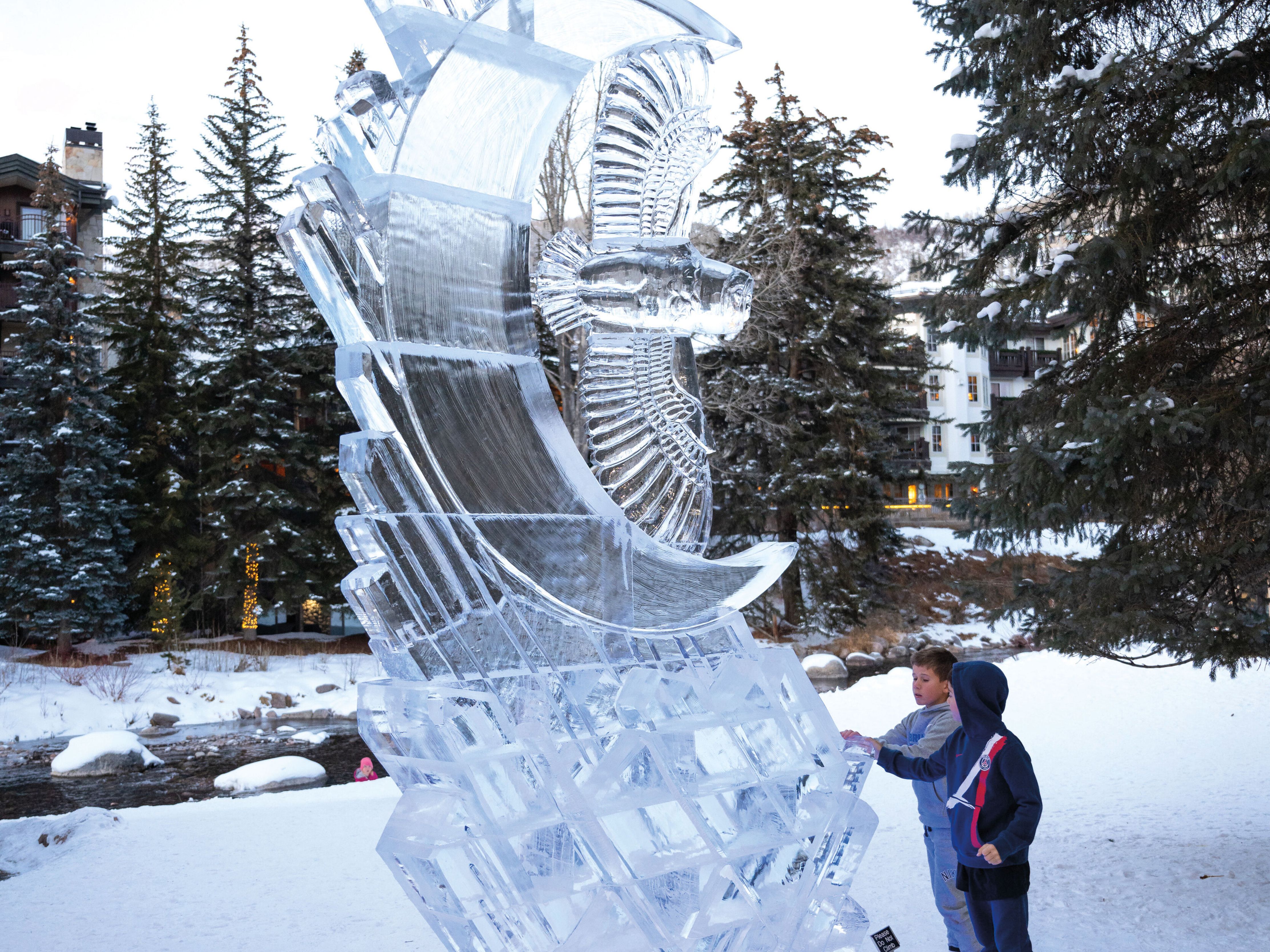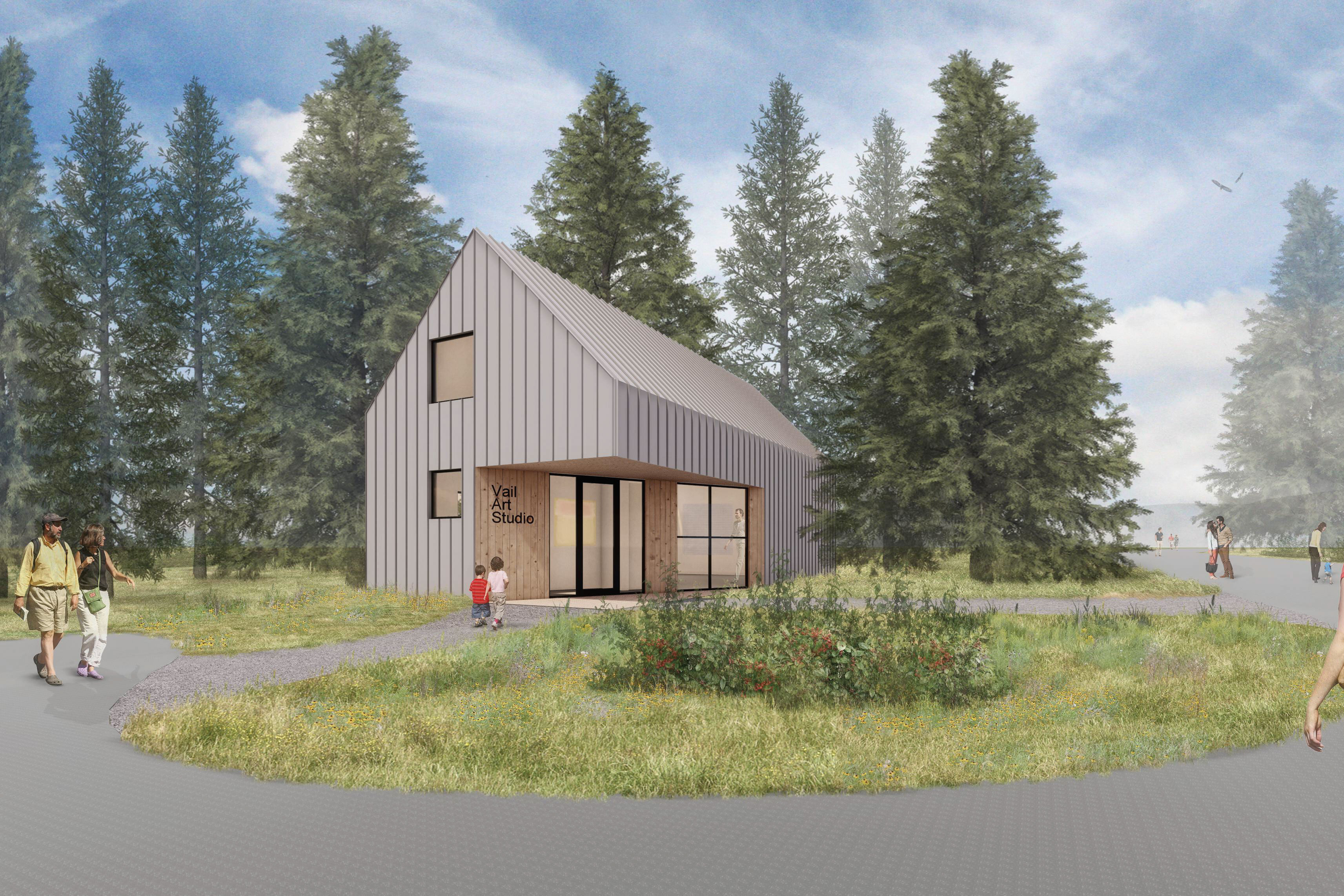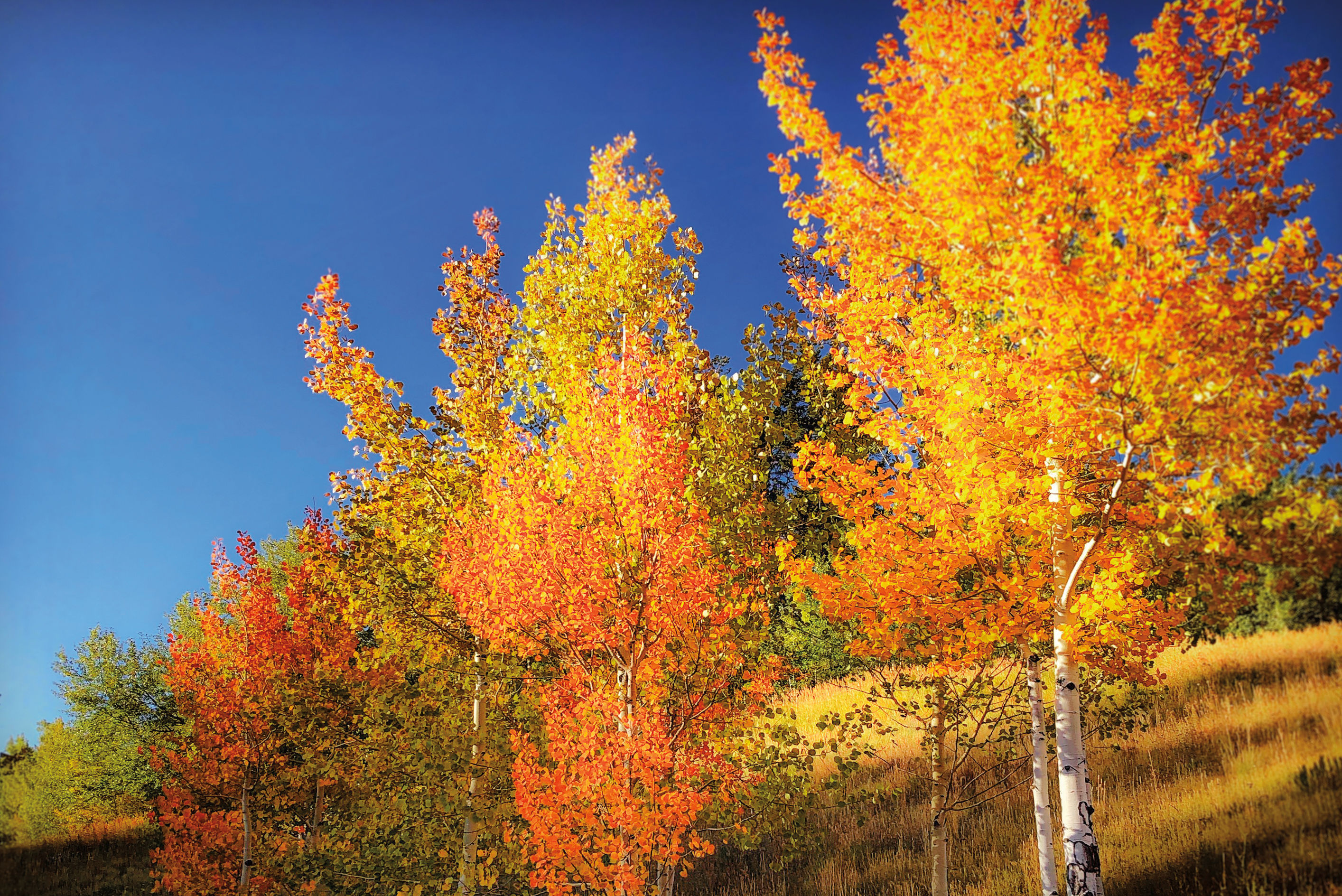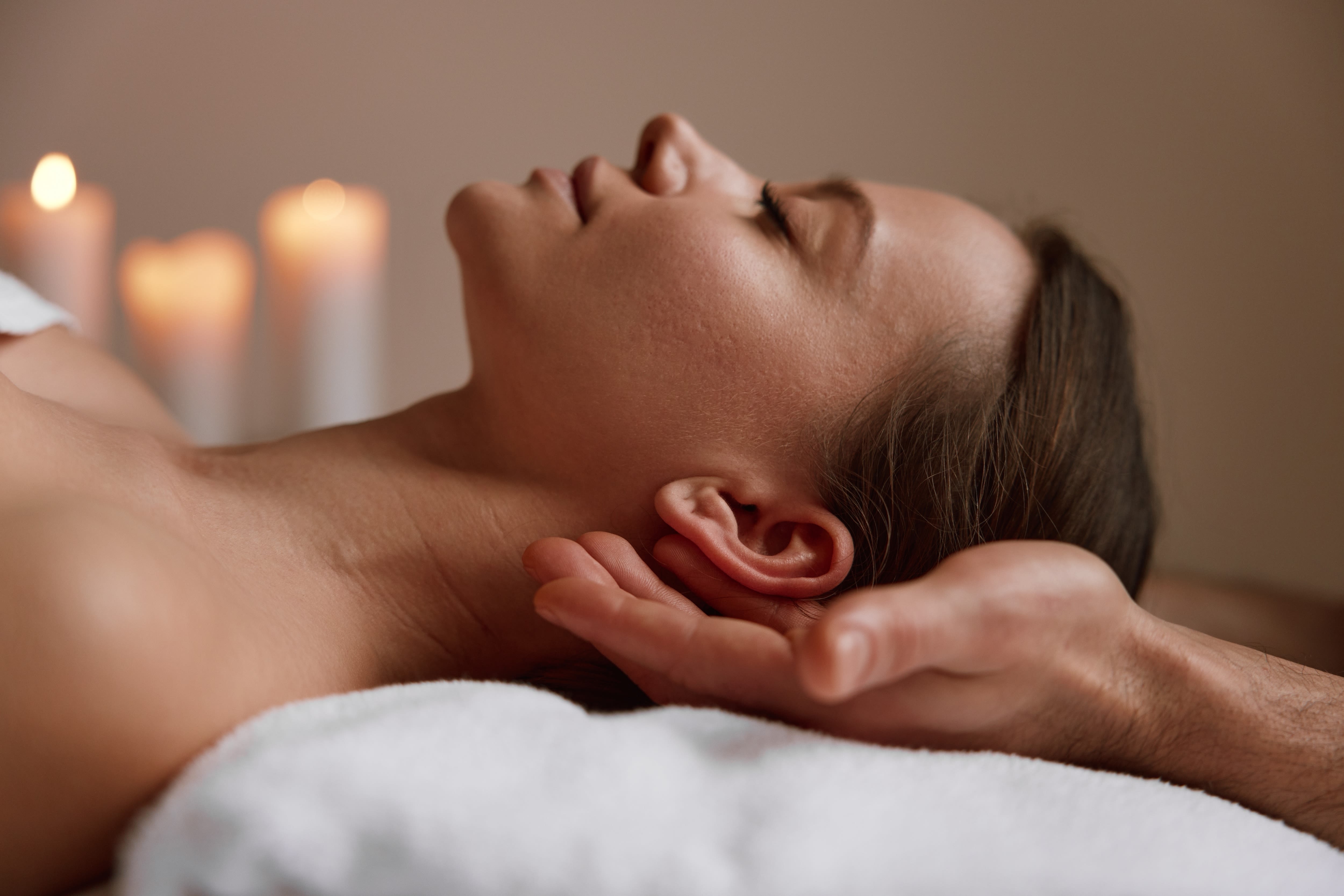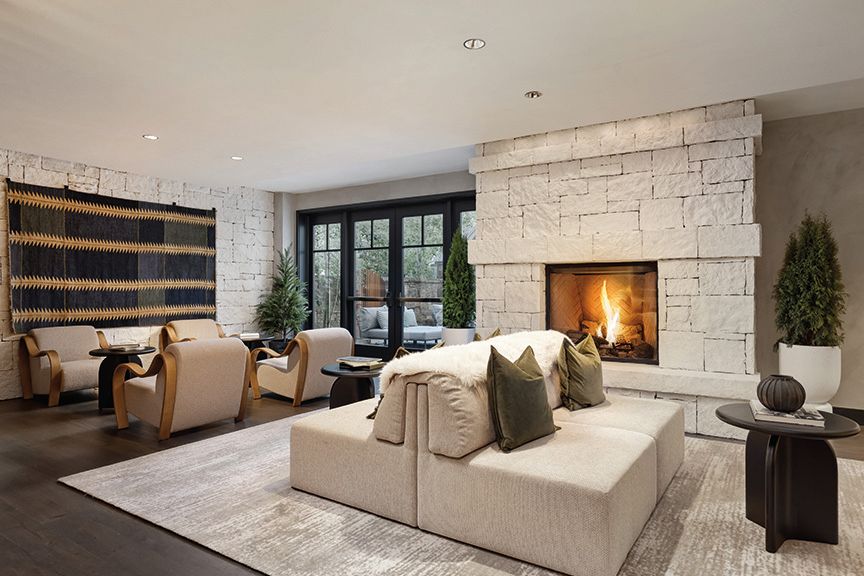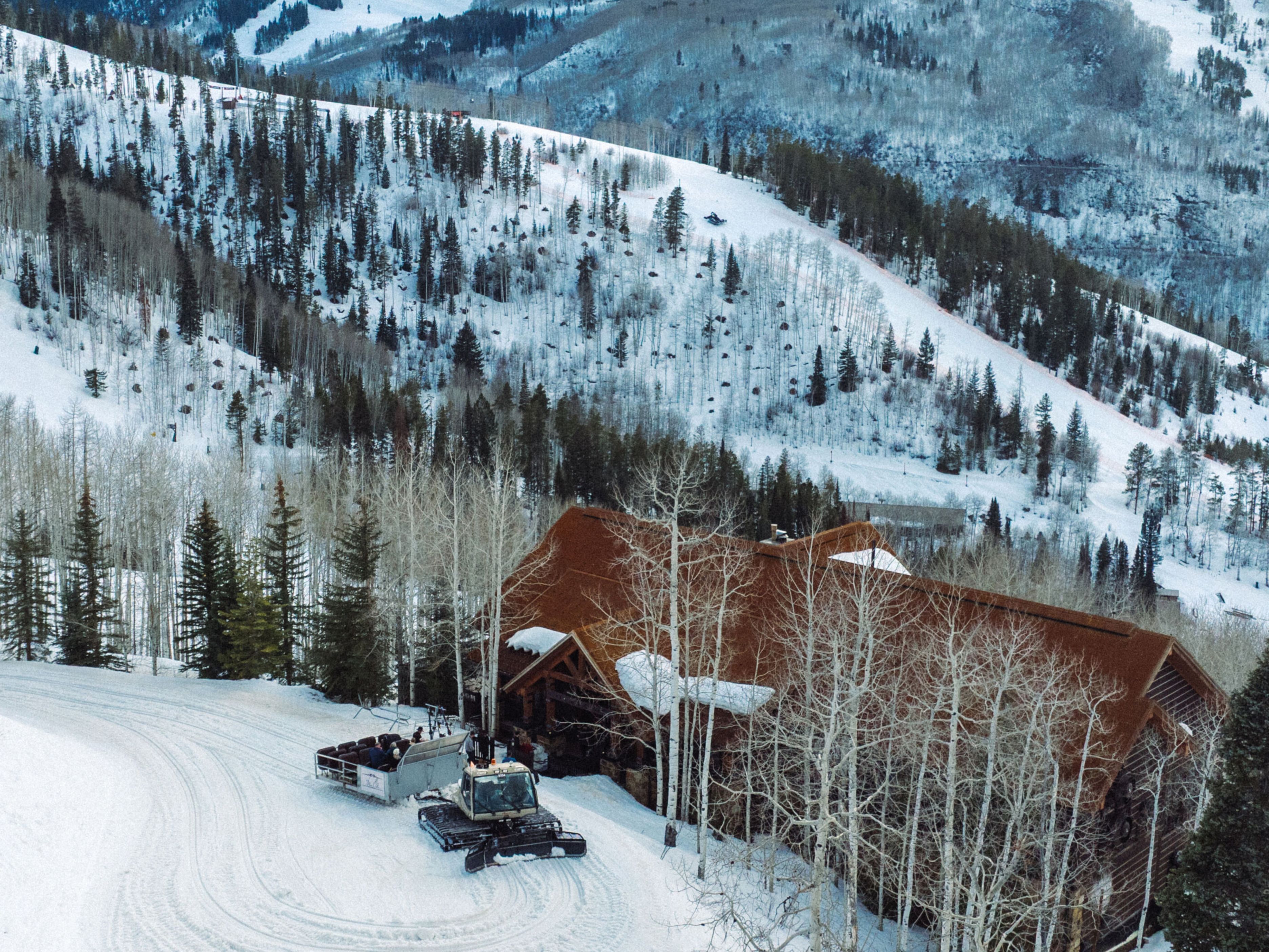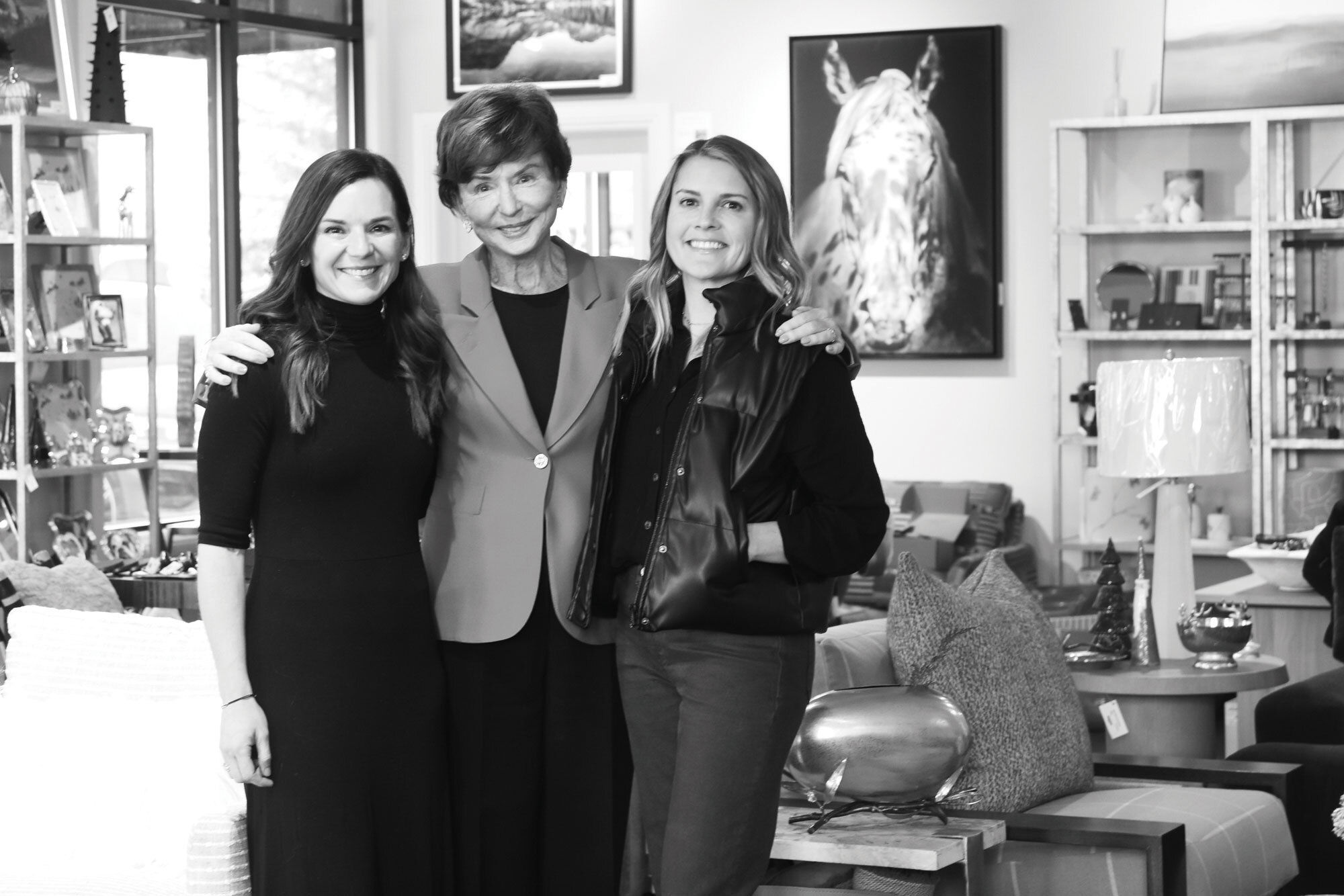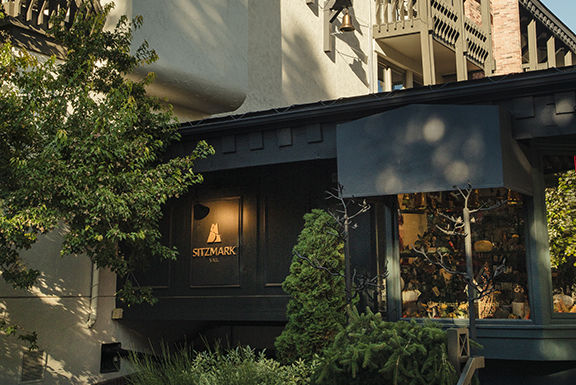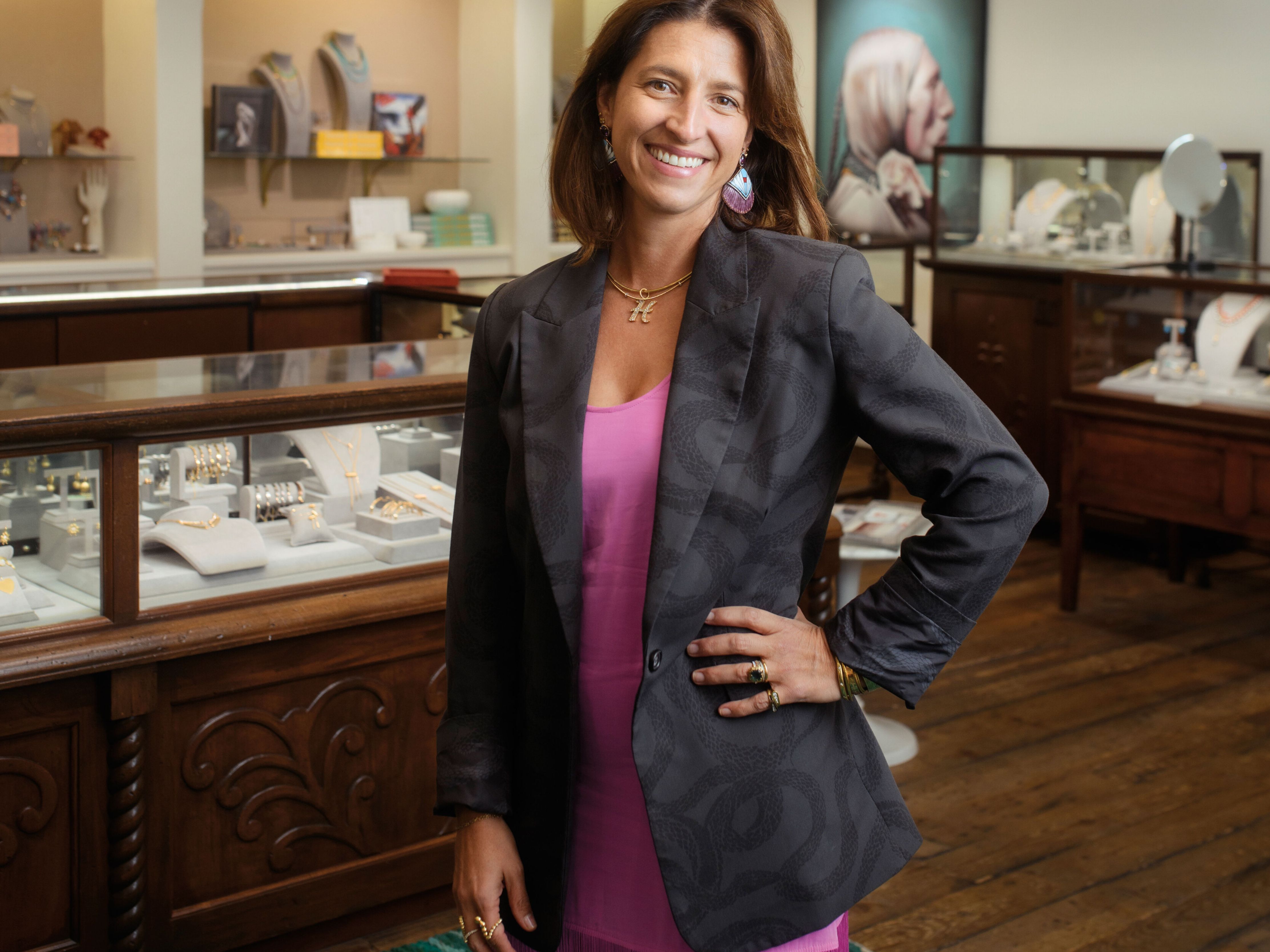Ascent of a Man
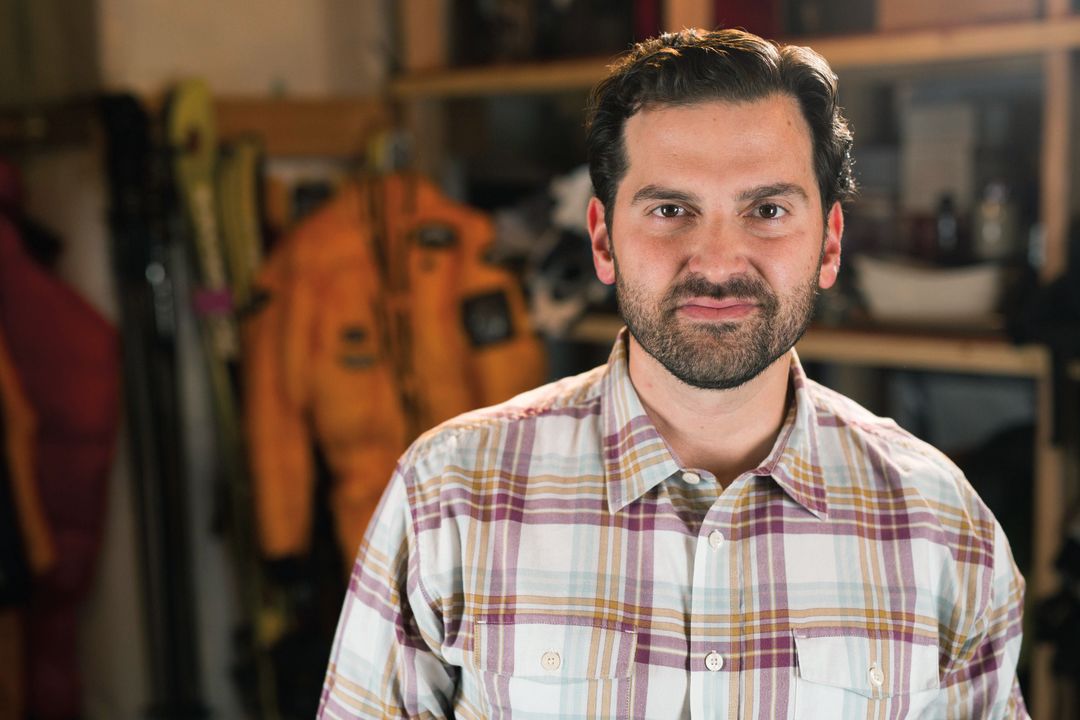
Luis Benitez, director of the new Colorado Outdoor Recreation Industry Office
Image: Zach Mahone
When I was a kid, I had really debilitating asthma and allergies. I was the boy in the bubble. The doctors told my folks, “This kid will never have a normal life. He’ll always have to be on an inhaler.” I was in and out of emergency rooms my entire childhood. I couldn’t really go outside much until I was 10 years old.
The doctors told my parents, “If you know anybody who lives at altitude, higher air can be cleaner—it’s better for the lungs, it helps him exercise a little more—so go spend time in the mountains.” I was born in St. Louis, but the easy button for my folks was Ecuador, where my dad was from, because Quito is at 9,500 feet.
About that time, I had found an article in one of my dad’s National Geographic magazines about the first American Mount Everest expedition with Jim Whittaker in 1963. And it turns out that Jim Whittaker also had bad asthma and allergies. Something in my head clicked. I wanted to find a way to be a mountaineer, a mountain guide—go climb Everest. I associated being in the mountains with being healthy.
Quito is surrounded by 19,000-, 20,000-foot glaciated mountains. There’s a 15,600-foot mountain behind town, Pichincha, where you go for your afternoon hike. I picked up mountaineering from my dad’s brother Pepin. We have a family ranch just outside of Quito, and he was the one who maintained the ranch, took me on hikes, taught me how to love the mountains.
In St. Louis, my American grandfather owned a sporting goods shop for 40 years. I grew up fly fishing and bird hunting there. My dad’s an aerospace engineer, and my mom’s an art teacher. It always perplexed my sister and brother and me how a rocket scientist ended up with an artist. But my dad liked to say engineering is art. I think my mom taught me to appreciate beauty and the simple things, and my dad taught me to look for the structure behind the beauty.
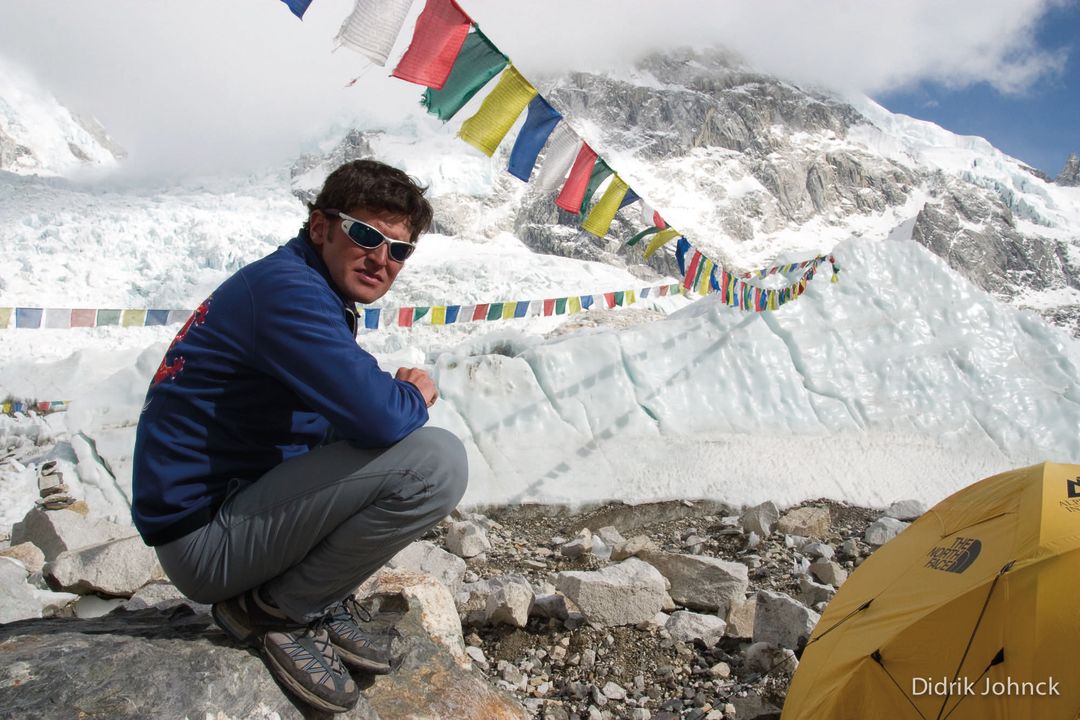
Luis Benitez at Mount Everest base camp on a 2001 expedition to the summit
Image: Didrik Johnck
During college, I took a job as an instructor with Outward Bound, and eventually I became a mountain guide on the Seven Summits. I summited Everest six times in seven attempts. My first summit, in 2001, was with the blind climber Erik Weihenmayer. I was one of eight guides. This was at a time when, based on what had happened with the 1996 tragedy, there were a lot of people saying, “It can’t be done. It shouldn’t be done. You’re foolish to even try. You’re going to kill Erik, and as the mountain guide who intentionally took a blind person to Everest, you’re also going to destroy your career, because who’s going to want to go climbing with the guide who killed the blind guy?”
At that point, it shifted the purpose. It was about making the impossible possible. Our entire expedition summited.
As the director of the new Colorado Outdoor Recreation Industry Office, I feel the weight of my job responsibility now the same way I felt it as a guide on Everest. Not only does the outdoor industry generate $13.2 billion in consumer spending for Colorado, but it’s also people’s livelihoods. It’s not an easy living to be a river guide or a ski instructor or an outfitter, or to start a clothing company in Colorado. But it’s all fueled by the passion for what you do.
Utah is the only other state that has an outdoor industry office [started in 2013]. I think these offices will begin to influence policy. Sometimes we’ll need to stand together, such as with conservation and stewardship, but when it comes to other components, it’s about brand differentiation: how does Colorado differ from Utah? Businesses are starting to look at Colorado and say, Gosh, we’ve got the workforce that we need to be based there, and we have access to the lifestyle that we want, in a very open-minded place where anything is possible.
With the governor’s announcement [in September] that we’re going to spend $100 million on cycling, if you’re a biking company, why wouldn’t you want to relocate to a state that’s investing like that in biking infrastructure? It grows access, desire, and need for consumers. There’s also the 16 by ’16 project: 16 distinct trail connectors within the state by 2016. Could that be Eagle to Vail connected by a mountain biking trail? Absolutely. Nothing’s off the table.
My wife and I moved to Eagle six years ago with no intention of ever leaving. We chose it intentionally, forever. We couldn’t even fathom what it would take to move us out of the valley. We’d laugh about it. Then this job showed up. But while there’s a part of me that’s sad about moving back down to the Front Range, all of the things the valley represents are still here. It will always be a place that we hope to end up.

